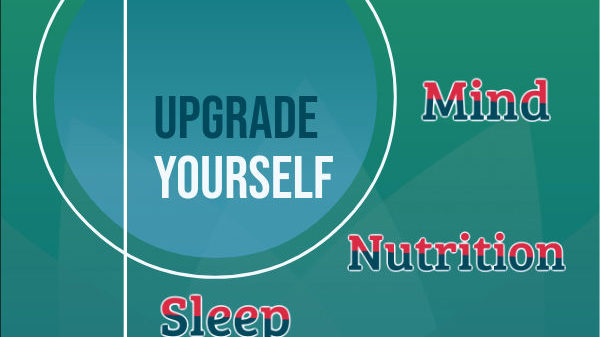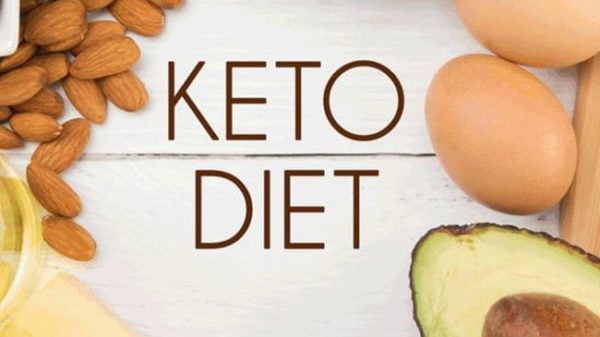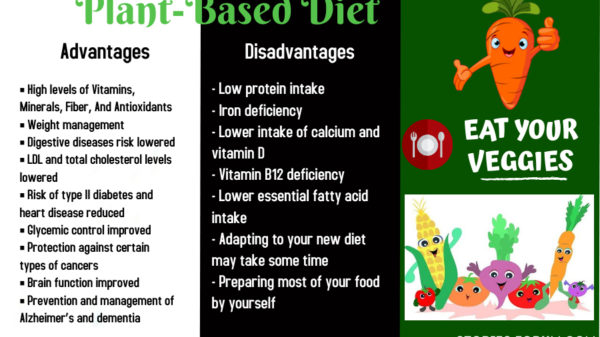Preamble:
While genetics play a key role, your diet, the weather, pollution, and your overall approach to hair care and hair health are all critical to achieving your ultimate goal. Health concerns e.g. stress, trauma, medications, medical conditions, smoking etc. can affect the hair. Making sure your hair is as healthy as possible is about more than just which shampoo you use. A multitude of different factors affect how sleek, shiny, and strong your hair is. Some of it is natural but a lot of it has to do with how well you care for those hair!
Tips to Keep Your Hair Healthy:
-
Protein is Important
“What you eat is what you are.” This is a famous saying we have heard here and there. It is true. Your hair is made up of protein and it is of paramount importance that you consume a protein rich diet that compliment your hair health. Sources of protein include lean meat, poultry, fish, beans, low-fat dairy products and eggs. Diets with inadequate amounts of protein cause weak, brittle hair and loss of hair colour as well as contributing to hair loss itself.
-
Zinc is Key:
Zinc deficiency can cause hair to fall and can ultimately result in weak hair health. Eat loads of vegetables, fruits, leafy green salads and drink plenty of clean, filtered water. Add nuts, walnuts, pecans, cashews, and almonds into your diet to fight hair loss. Furthermore, a Multivitamin or Zinc Supplement can enrich your diet whenever necessary.
-
Oiling is Vital for Your Hair:
It is highly important to oil your hair every now and then and at regular basis. A conditioner might work wonders for your hair but oil gives it certain minerals, vitamins and essential fatty acids that don’t just strengthen your roots but also boost overall health of your hair. If you’re suffering from hair fall then olive oil will work best for you. Although, you can use other oils like almond oil, coconut oil and many others.
-
Omega 3 Improves Your Scalp Health:
Omega 3 fatty acids do not cause your hair to grow but improves your scalp health for sure. Omega 3 stimulates your hair follicles and sebaceous glands. Omega-3 fatty acids are found in cold-water fish, such as salmon, sardines and other sources are flax seed, yogurt, cottage cheese, salad and cereals.
-
Choose the right shampoo:
Using the wrong shampoo can cause extreme hair damage. Choose products that are right for your hair type, that is, oily, normal, or dry hair and target any problems that you have. Avoid shampoos with harsh ingredients, such as ammonium lauryl sulfate (ALS) or sodium lauryl sulfate (SLS). In addition to that, keep in mind that cost doesn’t necessarily indicate the quality of a product.
-
Condition Your Hair and Use Hair Masks to Moisturize Your Hair:
Conditioning after shampooing is an important step in keeping your hair soft, shiny, and manageable. You can choose a separate conditioner or a shampoo with built-in conditioner. Apply conditioner first to the ends of your hair and then work your way up to the scalp. In order to keep your strands hydrated and smooth use a moisturizing hair mask every now and then.
-
Consume a Balanced Diet:
It is pertinent to eat a healthy diet to improve hair health and stimulate hair growth. Berries, spinach, and avocados, along with anything else rich in vitamins C and E which will help boost collagen production resulting in stronger strands are good for your hair health.
-
Don’t Shower with Extremely Hot Water:
Turn the temperature of your shower down. In winters, you may shower with warm water and then run cold water over your hair once, at the end, in order to seal your cuticles. Plus, don’t brush your hair when wet as they are vulnerable to breakage when wet. Let it air dry and then comb the tangles with a wide tooth comb.
-
Sleep on a Silk Pillow Case:
Silk protects the cuticle of your hair by reducing the amount of friction between your hair and the fabric. Ultimately, your hair breaks less.
-
Trim Your Hair Every Month or Two:
You need regular haircuts to ensure that your strands stay healthy and don’t break off at the ends. If you don’t want to lose a lot of length ask your hair stylist for a “dusting” so that only the tips are snipped, which gets rid of damaged ends, but maintains the length.
End Note:
It is surely true that hair products vary for different seasons. In winters, your products should be moisturizing and hydrating. In contrast, in summers, you can probably switch to something lighter that won’t weigh hair down in the heat and humidity.









